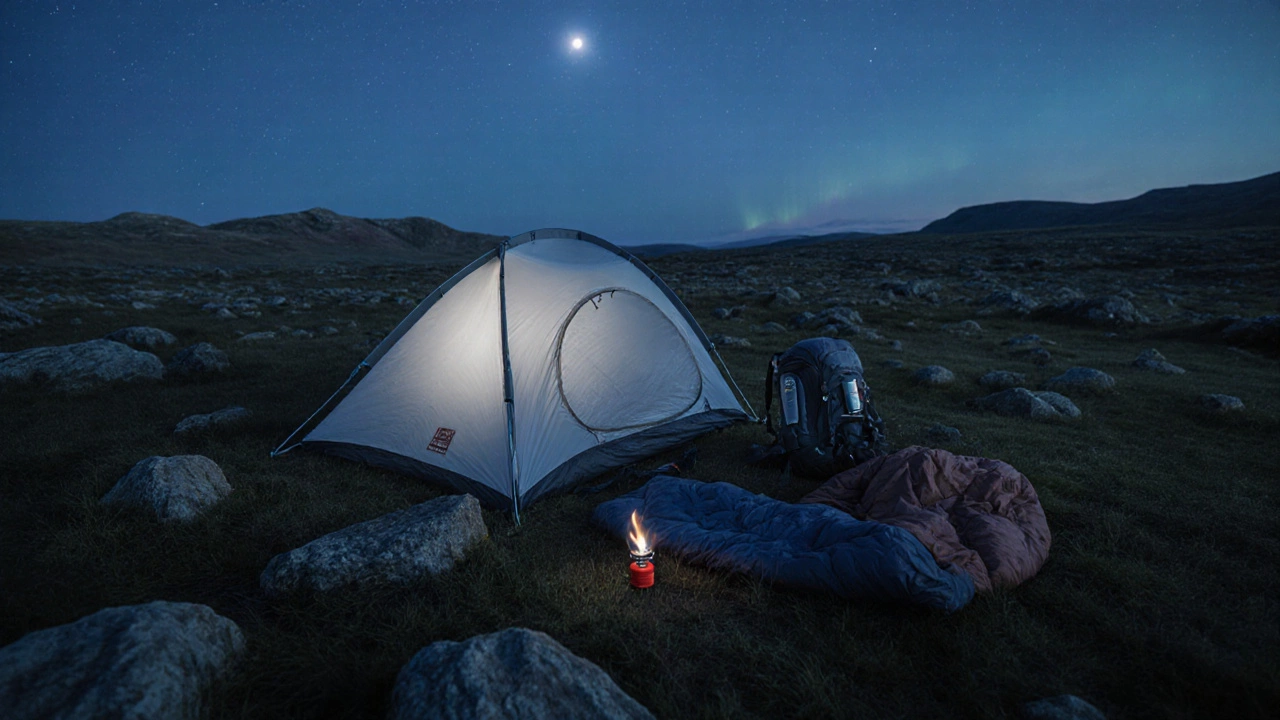Safe Wild Camping: Where It’s Legal, How to Do It Right
When you hear safe wild camping, camping in remote, unmanaged areas without facilities, often overnight, and without permission. Also known as wild camping, it’s the purest form of outdoor freedom—but in the UK, it’s not as simple as pitching a tent anywhere. Most of England and Wales treat it as illegal unless you have landowner permission. Scotland is the exception, where the Right to Roam law lets you camp responsibly in most rural areas—if you follow The Countryside Code.
That’s where The Countryside Code, a set of national guidelines for behaving responsibly in rural areas, including camping, walking, and farming land comes in. It’s not law, but ignoring it can get you kicked out, fined, or worse—endanger yourself or wildlife. Safe wild camping means leaving no trace: packing out all trash, using a portable toilet or digging a deep cat hole at least 50 meters from water, avoiding protected areas, and never lighting fires. It’s not about convenience; it’s about respect.
Many people confuse boondocking, off-grid camping without hookups, usually in an RV or motorhome, often on public land with wild camping. In the UK, boondocking usually means parking your motorhome overnight on quiet roadside pull-offs or disused car parks—still risky without permission. In places like Scotland or parts of the Lake District, it’s tolerated if done quietly and briefly. But in England, even stopping for the night in a layby can be a problem if you’re not discreet.
What makes wild camping safe isn’t just the law—it’s preparation. You need the right gear: a lightweight tent or bivy sack, a reliable stove (not a fire), water purification, and a plan for emergencies. Solo campers need extra caution. Know your route. Tell someone where you’re going. Check the weather. Don’t camp near livestock or private property. And never assume it’s okay just because others are doing it.
There’s a big difference between being bold and being reckless. Safe wild camping isn’t about pushing boundaries—it’s about staying within them so you can keep enjoying them. The spots that allow it are few, and they’re shrinking as tourism grows. If you want to keep wild camping alive, you have to be part of the solution, not the problem.
Below, you’ll find real guides from people who’ve done it right—and wrong. You’ll learn how to handle a toilet in the woods, where to legally sleep in your car, what gear actually works off-grid, and how to avoid getting reported by angry locals. These aren’t fantasy tips. They’re hard-won lessons from the field. Whether you’re new to this or you’ve tried it before and got shut down, there’s something here that’ll help you do it better next time.
